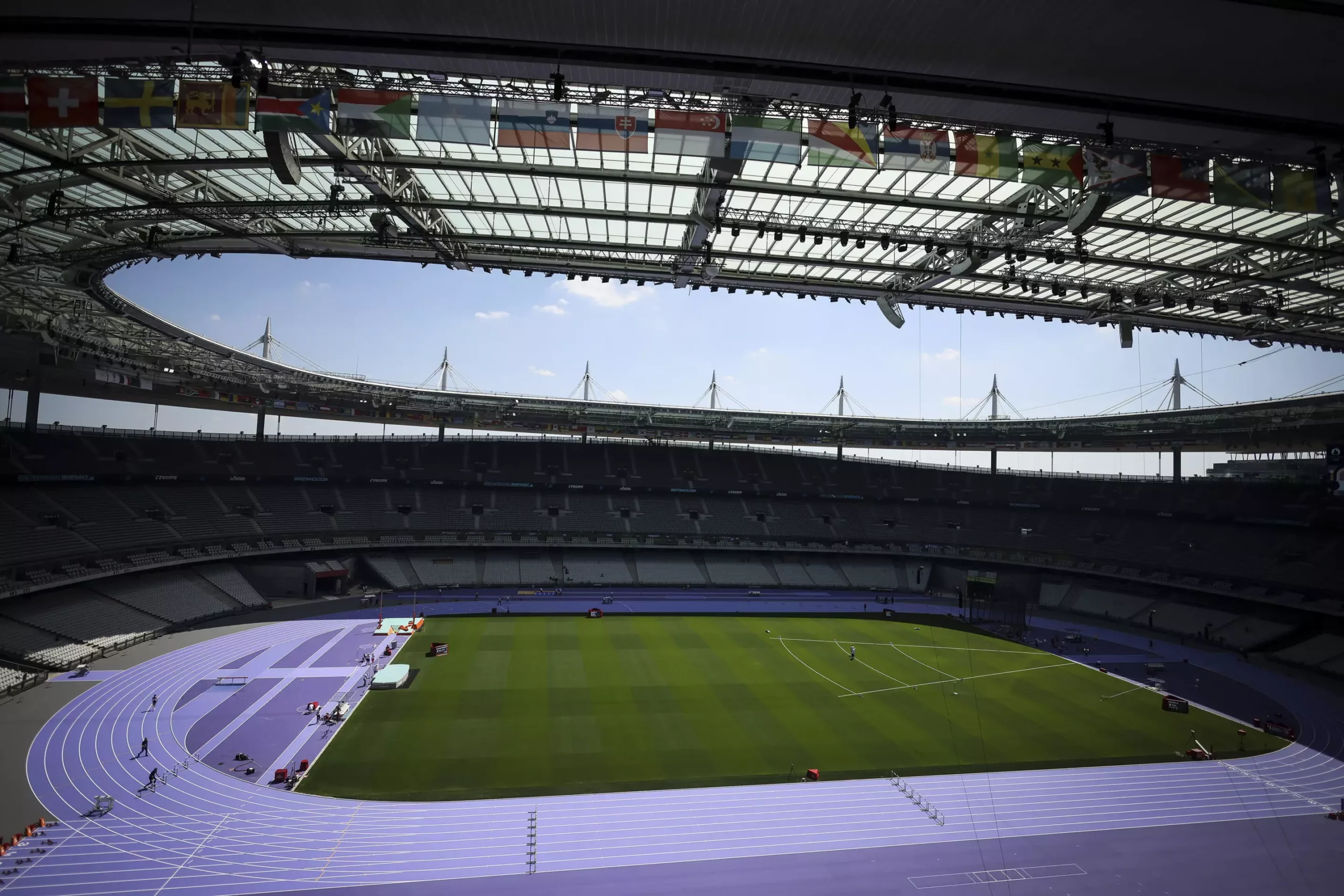The ongoing Paris Olympic Games have not only been a platform for athletic excellence but also a beacon of inclusivity, particularly for individuals with visual impairments. The organizers of Paris 2024 have dedicated efforts to ensuring that every individual, irrespective of their abilities, can partake in the thrilling Olympic experience. Ludivine Munos, a former Paralympic swimmer and key member of the organizing committee, emphasized the importance of listening to the needs of individuals with disabilities to create a barrier-free environment. The focus has been on enhancing accessibility and providing a seamless experience for all participants, athletes, and spectators alike.
Among the standout innovations introduced at Paris 2024 is the Vision Pad, a tactile tablet designed to revolutionize the viewing experience for individuals with visual impairments. The tablet features a moving magnetic ball that replicates the action on the field or court, allowing users to track the movement of the ball by running their fingers across the tablet. This innovative tool has garnered praise from individuals like Zoé Thierry, who described feeling truly immersed in the game and being able to follow the action like never before. Although currently limited to ball games, the Vision Pad holds significant potential to expand its application to other sports, enhancing the overall viewing experience for individuals with visual impairments.
Beyond the Vision Pad, Paris 2024 has embraced an array of technological solutions to address the challenges faced by visually impaired individuals. The Low-Vision Helmet stands out as a remarkable innovation that allows users to zoom in on athletes, races, and actions by wearing the helmet like a VR headset. This technology connects users to the live broadcast feed from venues, providing a customizable viewing experience that bridges the gap between live and televised coverage. Individuals like Florian Trichaud, a sports enthusiast with visual impairments, have lauded the benefits of the Low-Vision Helmet, highlighting the newfound visual experiences and sense of inclusion it offers.
In addition to visual aids, Paris 2024 has prioritized audio description as a vital tool for enhancing the experience of visually impaired individuals at the Olympic Games. Audio descriptors like Adrien Izard-Le Calvé and Joana Wexsteen serve as the eyes of the Stade de France, providing detailed descriptions of the movement, atmosphere, and action during sporting events. With audio description available for around 15 sports at the Paris Olympics, visually impaired individuals can connect to the broadcast through the Paris2024 Olympics app, utilizing earphones to follow the game seamlessly.
The commitment of Paris 2024 organizers to inclusivity and accessibility sets a precedent for future sporting events, emphasizing the importance of creating a legacy of empowerment for individuals with disabilities. By leveraging innovative technologies and enhancing communication with attendees, the organizers strive to ensure that everyone, regardless of their abilities, can enjoy the spectacle of the Olympics. As Adrien Izard-Le Calvé aptly stated, “Being able to assist people with visual impairments is incredible, and helping these individuals feel as included as anyone else is crucial.” Paris 2024 aims not only to make progress in these games but also to sustain and build upon this inclusive environment for future sporting events.


Leave a Reply